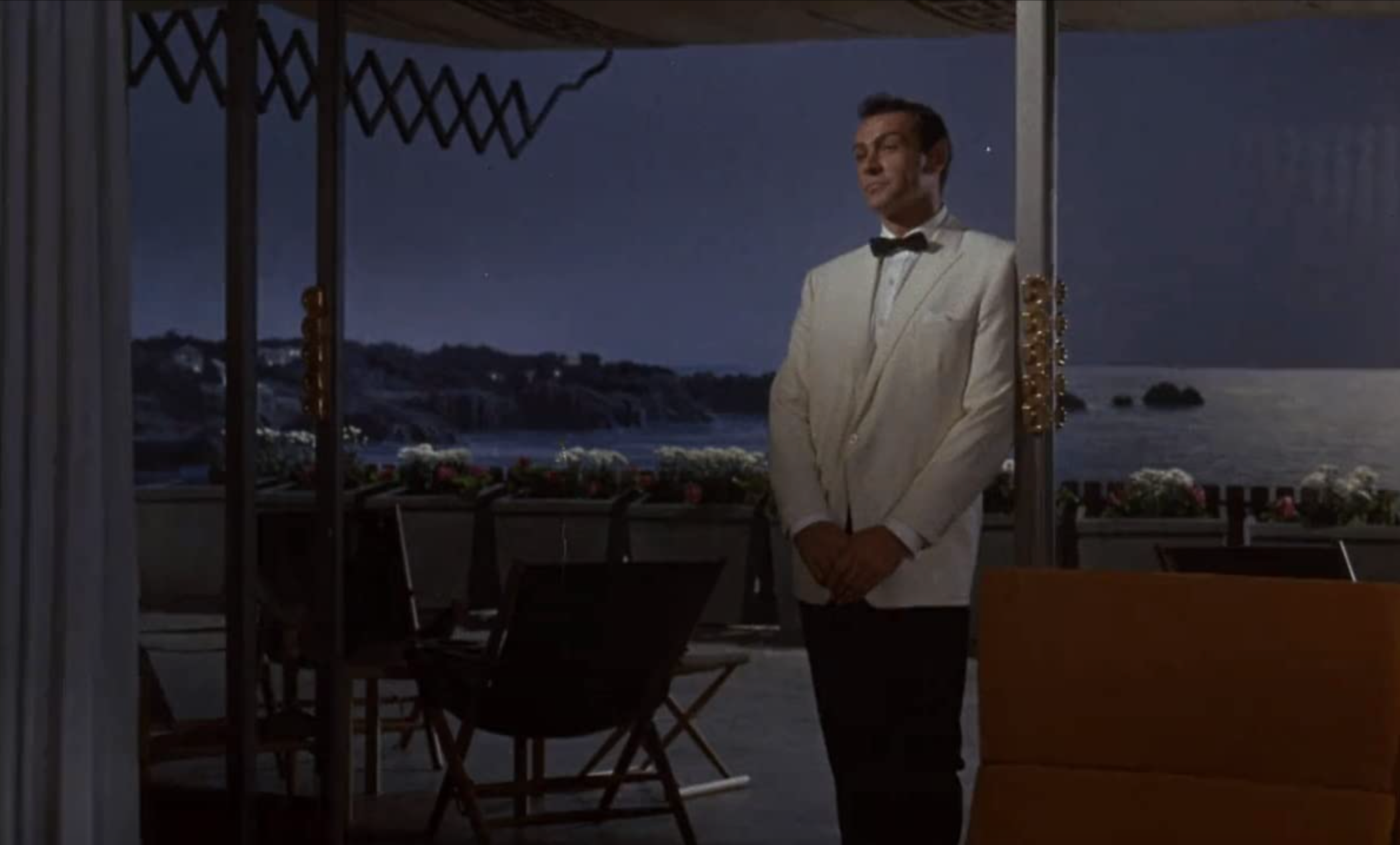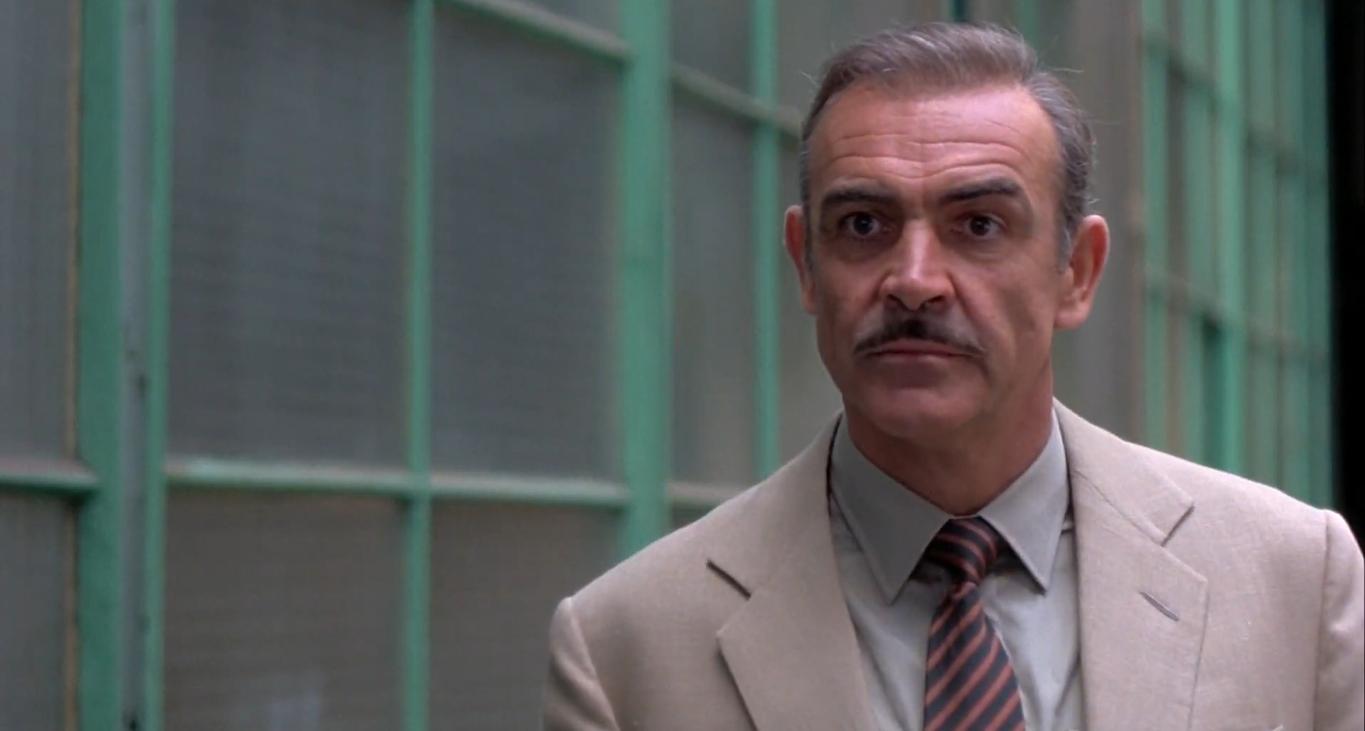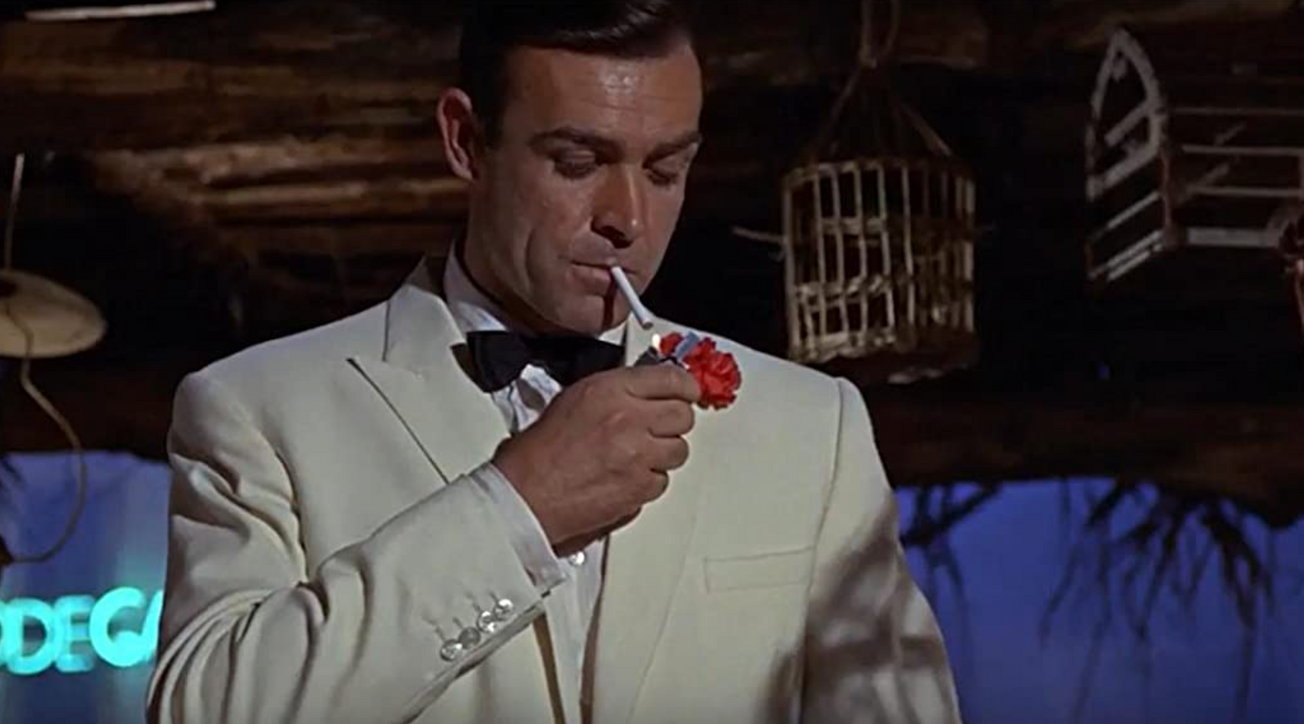By Sara Espinosa Rastoll, Second Year, English Literature & Philosophy
After completing a stunning seventy-two films and achieving a series of the most distinguished picture awards – including an Oscar, two BAFTAs and three Golden Globes – Sean Connery died on Friday. He was 90.
The actor was the first (and, for many, best) “James Bond” in the big screen, and from then on interpreted a great variety of characters that the audience would never forget.

Born on August 25th, 1930 to a working-class couple of Fountainbridge, Edinburgh, Connery did not seem to be bound to be one of the greatest Hollywood stars of the twentieth century. He began working as a milkman and then signed up to the British Royal Navy. After leaving the latter for health reasons, the actor found himself working a wide variety of jobs, from model to lifeguard to coffin polisher. It was not until 1951 when he worked backstage at the King’s Theatre that his life turned to the art of performance.
The first film character he represented was the gangster Spike in No Road Back (1957), and that very same year he appeared in a number of other films, interpreting minor roles that would later be acknowledged by cinema critics. However, his popularity came when he was cast by Terence Young as James Bond in Dr. No (1962). He then inspired many other actors in later decades that played the same character.
The disparities between his characters and film genres, together with his great elegance and dramatic ability, have made of Connery one of the most renowned and loved actors
After representing James Bond seven times in the big screen, Connery decided he would no longer be the famous secret agent to avoid being typecast. And his aim was more than accomplished after appearing in celebrated films such as Marnie (1964), The Name of the Rose (1986), The Untouchables (1987), and many more blockbusters. It was in these later pictures that his notable skills could be properly appreciated, away from the commercial James Bond saga. The disparities between his characters and film genres, together with his great elegance and dramatic ability, have made of Connery one of the most renowned and loved actors.

However, far from barely being a feature film celebrity, Sean Connery has always carried his humble upbringing with his film career.
After playing Bond in Diamonds Are Forever (1971), the actor used part of his earnings to set up his own Scottish International Education Trust. This self-founded trust gives financial aid to Scottish citizens who, for economic reasons, are not able to exploit their full potential in their studies. Not only was he charitable, but also haunted by the educational limits which he experienced himself and which many others still do. This philanthropic aspect brings the actor closer to the audience which admired him in the cinema, differentiating him from the many Hollywood stars that remain as detached images of the screen, forgetful of their past and intoxicated by fame.
His acting profession made him incredibly famous, but aside from being one of the most acclaimed celebrities, Sean Connery is admired for the preservation of his background, his family, and his land; his most honest interpretation being that of the nobody, frequently forgotten by the big screen but never forgotten by his audience.
Featured: IMDb
Which one of Sean Connery's films is your favourite?









